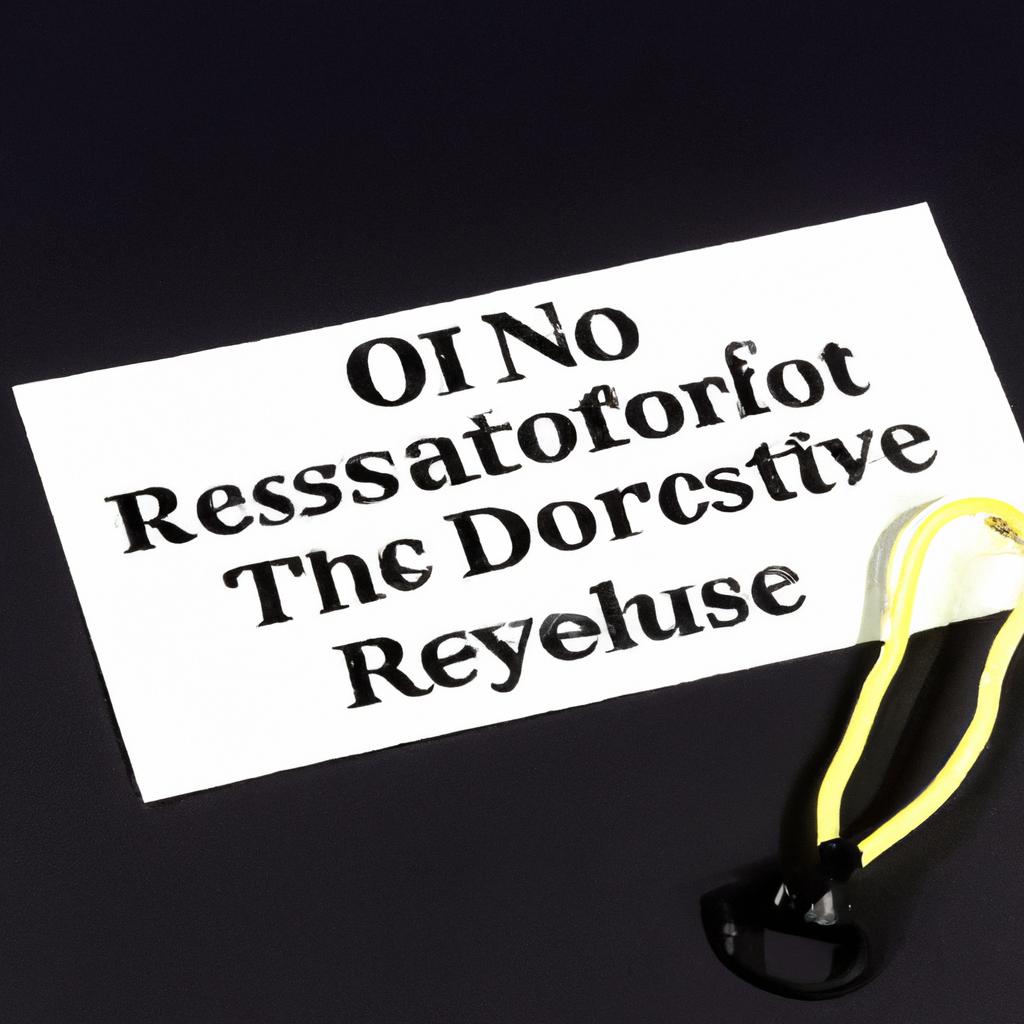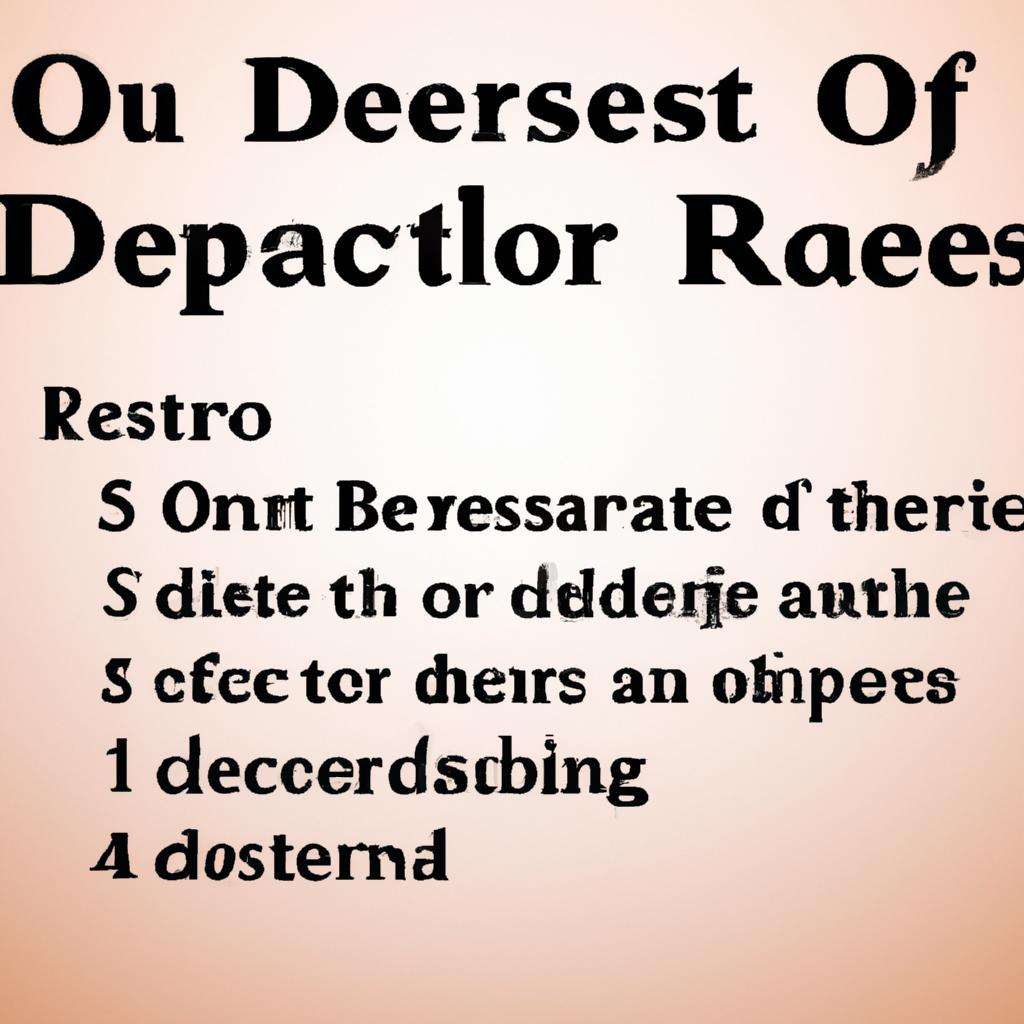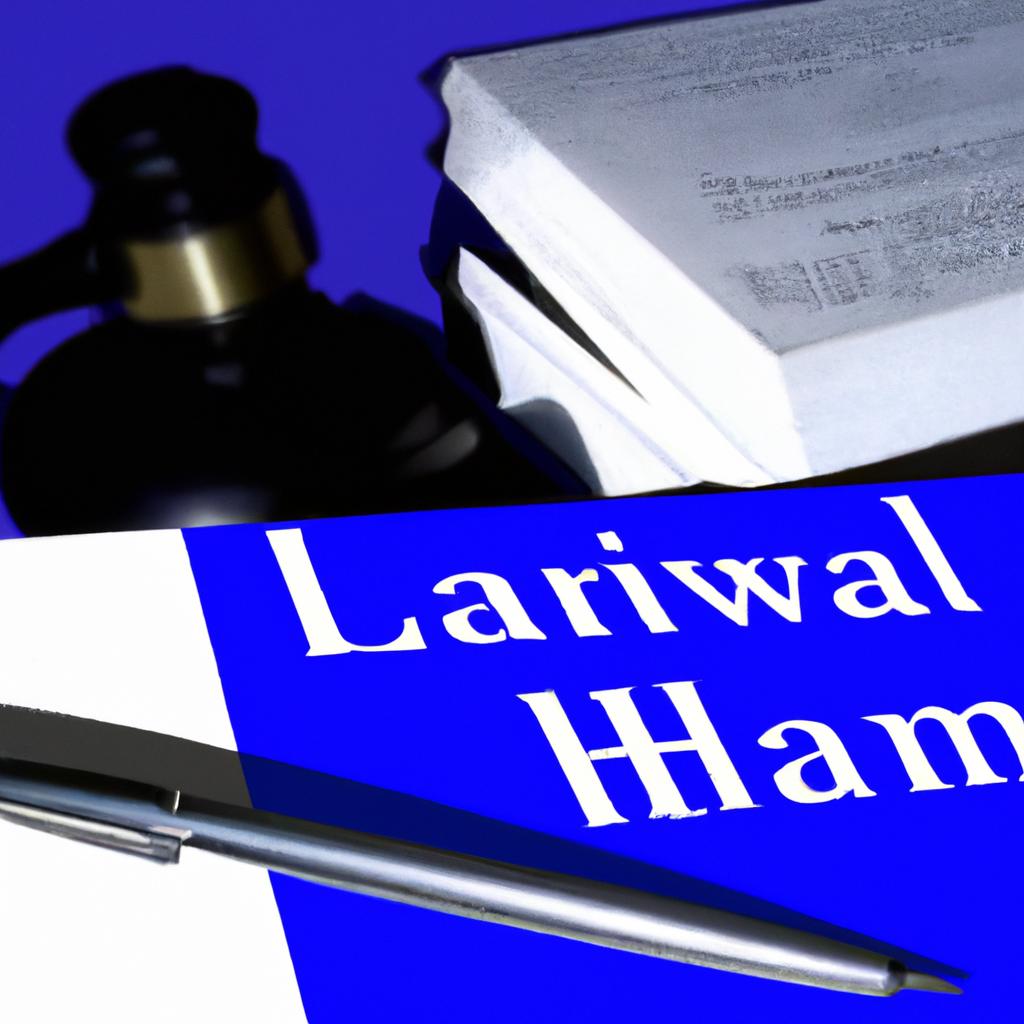In the realm of medical decision-making, the implementation of a Do Not Resuscitate (DNR) order carries significant weight and importance. However, amidst the complex landscape of healthcare directives, a crucial question emerges: who possesses the authority to revoke a DNR? As seasoned practitioners in estate planning, probate, and elder law, the Morgan Legal Group in New York City seeks to illuminate this intricate issue with clarity and precision. Join us as we navigate the legal intricacies surrounding the revocation of a DNR, shedding light on the individuals empowered to make such a crucial decision.
Who Holds the Authority to Revoke a Do Not Resuscitate Order?
When it comes to revoking a Do Not Resuscitate (DNR) order, it is essential to understand who holds the authority to make such decisions. In most cases, the following individuals may have the power to revoke a DNR:
- Medical Power of Attorney (healthcare proxy)
- Patient’s legal guardian
- Next of kin or family members designated by the patient
- Authorized healthcare professionals
Ultimately, the decision to revoke a DNR order should be made based on the patient’s wishes and best interests. It is crucial to consult with legal and medical professionals to ensure that the proper steps are taken in revoking a DNR order.

Understanding the Legal Implications of Reversing a DNR Decision
In the realm of medical decision-making, the issue of revoking a Do Not Resuscitate (DNR) order can be a complex and sensitive matter. It is crucial to understand the legal implications involved in reversing a DNR decision, as it can have significant consequences for all parties involved. When it comes to revoking a DNR order, it is important to consider the following:
<ul>
<li><strong>Legal Capacity:</strong> Only individuals with legal capacity have the authority to revoke a DNR order. This means that the person must be of sound mind and able to make informed decisions about their medical care.</li>
<li><strong>Fiduciary Duty:</strong> Healthcare providers and legal guardians may have a fiduciary duty to act in the best interests of the patient. As such, they may have the legal authority to revoke a DNR order if it is determined to be in the best interests of the patient.</li>
</ul>
<p>Ultimately, the decision to revoke a DNR order should be carefully considered and made in accordance with applicable laws and regulations. Consultation with legal counsel may be necessary to ensure that the process is handled correctly and that all parties' rights and interests are protected.</p>
Factors to Consider Before Reversing a Do Not Resuscitate Order
Before making the decision to reverse a Do Not Resuscitate (DNR) order, it is crucial to consider several factors to ensure that the best interests of the individual are protected. This decision is not one to be taken lightly, and careful consideration must be given to the following:
- Patient’s wishes: It is essential to determine if the patient’s wishes have changed regarding resuscitation. This can be done through discussions with the patient, their family, and any advance directives or living wills that may have been previously established.
- Medical condition: The patient’s current medical condition must be thoroughly assessed to determine if resuscitation would be beneficial or if it would only prolong suffering. Consulting with medical professionals is essential to make an informed decision.

Consulting with Legal Professionals in New York City for DNR Reversal Guidance
It is crucial to understand the legal implications of a Do Not Resuscitate (DNR) order and the process of revoking it. In New York City, consulting with legal professionals who specialize in medical directives and end-of-life planning can provide valuable guidance on how to revoke a DNR order. While the decision to revoke a DNR order ultimately lies with the individual, legal professionals can offer advice on the steps to take and the legal requirements involved.
When considering the revocation of a DNR order, it is important to consult with legal professionals who have experience in navigating the complexities of New York City laws and regulations. At Morgan Legal Group, our team of experts can provide the necessary guidance and support to help individuals understand their rights and options when it comes to revoking a DNR order. With our knowledge and expertise in estate planning and elder law, we can assist clients in making informed decisions that align with their wishes and priorities.
Q&A
Q: Who can revoke a DNR?
A: The decision to revoke a Do Not Resuscitate order can vary depending on the circumstances.
Q: Can a patient revoke their own DNR?
A: Yes, a patient has the right to revoke their own DNR at any time.
Q: Can a family member revoke a patient’s DNR?
A: In most cases, family members do not have the legal authority to revoke a patient’s DNR. However, they can advocate for the patient and discuss the decision with healthcare providers.
Q: Can a healthcare provider revoke a DNR?
A: Healthcare providers can only follow the wishes of the patient or their legally designated decision-maker. They cannot unilaterally revoke a DNR without consent.
Q: Can a legal guardian revoke a patient’s DNR?
A: A legal guardian may have the authority to revoke a patient’s DNR depending on the specific circumstances and the laws in their jurisdiction.
Q: Can a court revoke a DNR?
A: In some cases, a court may intervene and revoke a DNR if there is a legal dispute or if the patient’s wishes are unclear. However, this is typically a last resort.
Q: Can a patient with diminished capacity revoke their own DNR?
A: If a patient is deemed to lack the capacity to make medical decisions, their legally designated decision-maker may have the authority to revoke their DNR on their behalf.
To Conclude
In conclusion, the decision to revoke a Do Not Resuscitate (DNR) order is a complex and deeply personal one that requires careful consideration and consultation with medical professionals, loved ones, and possibly legal representatives. While ultimately the patient holds the right to revoke their own DNR, it is important to approach this decision with caution and thoughtfulness. If you or a loved one are considering revoking a DNR, make sure to thoroughly discuss your wishes and concerns with all relevant parties involved. Remember, the decision to revoke a DNR can have profound implications on end-of-life care, so it is crucial to make an informed and well-considered choice.











